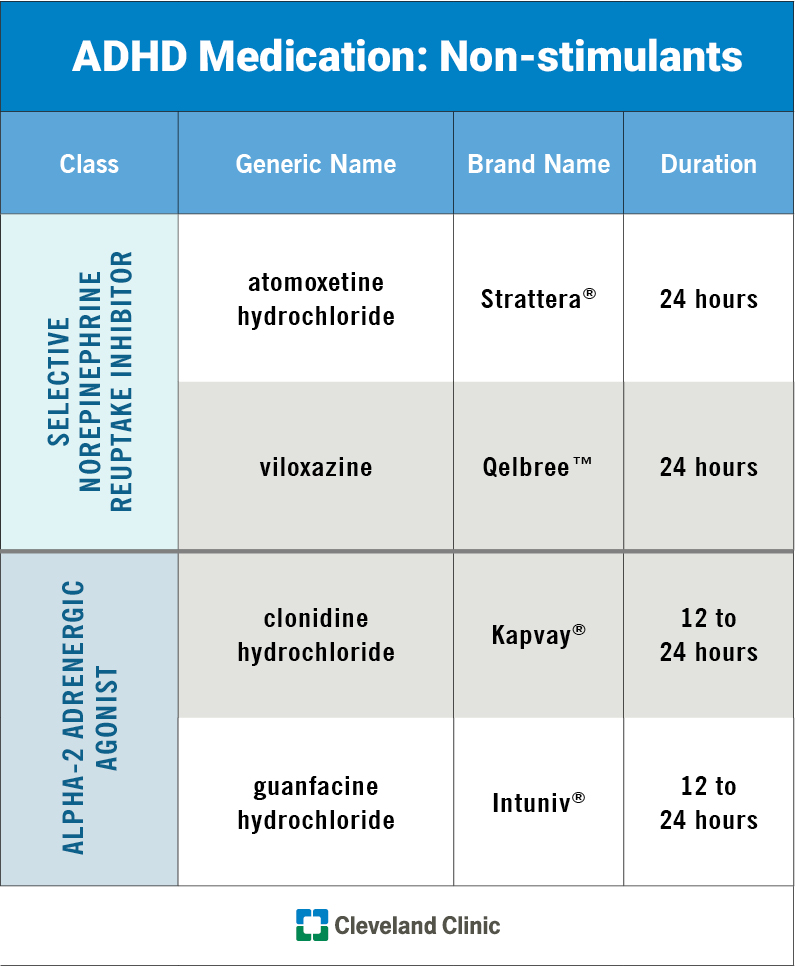Your Guide to Finding the Right ADHD Therapy for Lasting Results
Browsing the complexities of ADHD therapy needs a nuanced understanding of both the condition and the myriad options available for efficient administration. It is necessary to identify that what jobs for one person might not necessarily produce the same outcomes for one more.
Comprehending ADHD and Its Effect

In grownups, ADHD can bring about challenges in workplace atmospheres, affecting performance, time management, and social relationships. Usually, undiagnosed or poorly managed ADHD can add to co-occurring psychological health and wellness problems, such as stress and anxiety and clinical depression, further complicating a person's general health.
The social understanding of ADHD can vary, causing preconception and misconception, which might impede individuals from seeking assistance. As understanding expands, it is necessary to foster an atmosphere that advertises understanding and support for those influenced by ADHD, emphasizing the requirement for accurate medical diagnosis and customized strategies to alleviate its effect on everyday life.
Introduction of Therapy Choices
A detailed method to dealing with ADHD includes a selection of options tailored to the individual's distinct needs. These alternatives can broadly be classified into behavioral interventions, psychoeducation, and lifestyle modifications, alongside pharmacological treatments that might be explored later.
Behavior interventions, such as cognitive-behavioral treatment (CBT), concentrate on changing certain behaviors and developing coping strategies to handle signs and symptoms successfully. Psychoeducation plays a crucial role in encouraging both individuals and their family members by giving information about ADHD, its challenges, and effective strategies for support.
Way of life adjustments can substantially impact ADHD monitoring. Normal physical activity, a balanced diet regimen, and sufficient rest contribute to overall well-being and sign control. Mindfulness practices and leisure methods can also enhance focus and decrease impulsivity.
Support system and family members treatment can cultivate a feeling of area and understanding, helping individuals really feel much less isolated in their experiences. Each treatment choice should be considered combined with the person's preferences and conditions, making certain an alternative method that advertises lasting success. Inevitably, the objective is to create a personalized therapy plan that resolves the particular challenges connected with ADHD while enhancing total quality of life.
Medication: Advantages And Disadvantages
Medication plays a pivotal duty in the treatment of ADHD, with many options readily available that can significantly alleviate symptoms for several people. Energizers, such as methylphenidate and amphetamines, are imp source commonly suggested and have actually shown performance in improving focus, lowering impulsivity, and improving overall habits. These medicines work by enhancing dopamine and norepinephrine degrees in the brain, which are commonly dysregulated in those with ADHD.
Nevertheless, making use of drug self care for depression is not without its challenges. Some people may experience side results, including sleeping disorders, reduced appetite, or increased stress and anxiety. Furthermore, finding the appropriate dosage can be an experimental procedure, requiring close monitoring by healthcare professionals. In addition, not all people respond to stimulant medications, leading some to check out non-stimulant choices, which may have a delayed start of activity or various side results.
It is necessary for individuals and their households to weigh these advantages and disadvantages carefully. Stabilizing the advantages of sign management versus prospective adverse effects is essential for accomplishing ideal therapy results. Partnership with health care providers can promote enlightened decisions, guaranteeing that medicine belongs to a thorough ADHD administration plan.
Behavior Modification Methods

One generally utilized approach is Cognitive Behavior modification (CBT), which helps individuals recognize and change unfavorable idea patterns that add to ADHD-related challenges. Therapist for ADHD. Through CBT, customers discover to establish sensible objectives, handle time effectively, and develop organizational systems
Another effective strategy is Parent Management Training (PMT), which enlightens moms and dads on just how to reinforce favorable behaviors and decrease adverse ones through constant discipline and communication approaches. This strategy fosters a helpful home atmosphere that motivates behavioral enhancements.
Social abilities training is also integral, aiding people with ADHD browse social click over here communications better. Role-playing and modeling appropriate behaviors can boost social competence and decrease anxiety in social scenarios.
Way Of Life Changes for Better Monitoring
How can way of living changes significantly boost the administration of ADHD signs? Implementing tactical way of life modifications can result in significant renovations in focus, company, and psychological policy for individuals with ADHD.
To start with, developing a structured day-to-day regimen assists in developing predictability, which can reduce sensations of overwhelm. Regular timetables for meals, research study, and sleep can enhance daily functioning.
Integrating routine exercise is likewise crucial, as exercise has been shown to increase dopamine degrees, enhancing interest and motivation (Therapist for ADHD). Going for at the very least half an hour of modest exercise most days can be valuable
Nourishment plays an essential duty. A balanced diet regimen abundant in omega-3 fatty acids, entire grains, and protein can support cognitive feature. Limiting refined sugars and high levels of caffeine might lower symptoms, as these can lead to power crashes and irritation.
Conclusion
In conclusion, finding the appropriate ADHD therapy necessitates a diverse approach that takes into consideration private needs and choices. Partnership with medical care experts and open interaction with assistance networks are necessary elements in navigating the complexities of ADHD administration, eventually leading to enduring results and boosted quality of life.